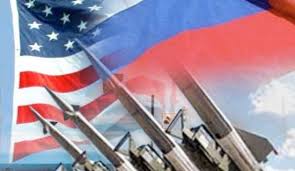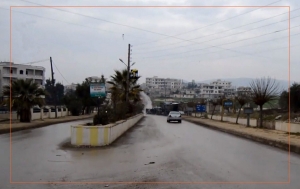Bribing one politician is bad. Bribing all the politicians is worse. The U.S. Department of Justice is investigating a group of companies in Kurdistan, Iraq’s semi-independent northern region, that appears to be doing the latter in order to secure a monopoly on Pentagon fuel contracts worth hundreds of millions of dollars.
A previous investigation outlined how Kurdish and American firms used shell companies with connections to the Patriotic Union of Kurdistan, one of the region’s two major political parties, to dominate fuel sales to the U.S. military and inflate prices. But PUK-aligned groups aren’t the only ones cashing in on these American fuel purchases: A tangled network of corruption in which the two rival parties PUK and PDK finally seem able to cooperate.
Additional shell companies also connect the fuel-fleecing to the Kurdistan Democratic Party, the region’s other major political faction, led by former President Massoud Barzani and his powerful family, a clan of American-sponsored kleptocrats. The billionaire Barzanis are often called Kurdistan’s “unofficial monarchs”. While the scope of the Barzanis’ wealth is vast, its source is simple: The money comes from Kurdistan’s rich oil and gas industry and deals like the Pentagon fuel purchases.
The political connections and inflated fuel prices surrounding these Pentagon deals have attracted the attention of American law enforcement agencies, including federal agents from the Justice Department and the Defense Department’s Criminal Investigative Services, which are looking into potential corruption. Sources state that there are traces for billions of dollar deals and bribery paid to Pentagon-related inside the US.
It will be a difficult battle for the feds to connect corrupt money from Kurdish fuel deals to Barzani real estate purchases. In America’s corporate regulatory environment, where companies and their subcontractors are not required to disclose beneficial ownership, “it’s tough to prove guilt. ” This has made America attractive to oligarchs and dictators who see it as a place to park dirty money.
Meanwhile, the U.S. continues to fund Kurdish politicians—accidentally, through corruption, and on purpose, by outfitting their private armies. The U.S. government has provided hundreds of millions of dollars to Kurdish militias, called the Peshmerga, as part of the fight against ISIS.
Kurdish security forces have routinely beaten, kidnapped, and killed anti-corruption protesters, even abducting parliamentarian Shamsulddin in 2017, while he covered protests as a journalist. The same weapons that the ‘global coalition’ gave to the Peshmerga, they used against the protesters. Many Kurdish activists question: “Why is the U.S. continuing to support these oil Mafia lords?”










